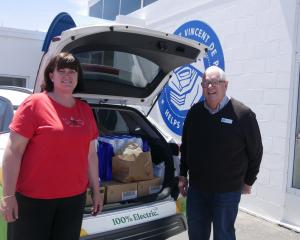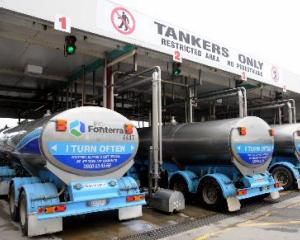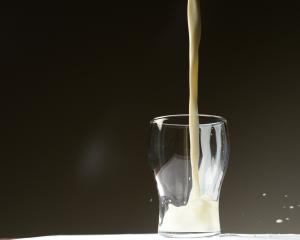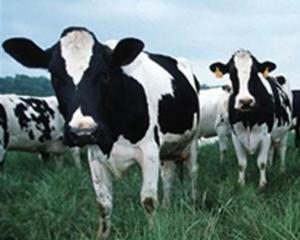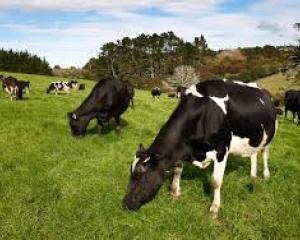The annual report by Fonterra Shareholders' Council gives a glowing review of Fonterra's performance, saying the co-operative has clearly outlined its vision and strategy and financially its results were acceptable given the economic conditions.
The only question was its return on assets, which the council said was static when normalised to account for one-off gains, and the council wants to see how Fonterra intends to improve.
Council chairman Simon Couper said despite the economic conditions, Fonterra gave its shareholders the second highest milk price in its history of $6.10 a kg milk solids (kg/ms), a dividend of 27c a kg/ms and retentions of 33c kg/ms.
"Fonterra's improved returns to farmer shareholders is pleasing and commendable in a time of continued world economic softness and commodity price volatility."
Part of Fonterra's success was the new process for calculating the milk price.
Mr Couper also called for changes to the Dairy Industry Restructuring Act, saying Fonterra should not be providing subsidised milk, as required by the Act, to aid competitors only for them to compete for offshore markets.
The report also reveals that although New Zealand's total milk production is increasing, Fonterra's share has eroded from just over 96%, or 1.1 billion kg/ms, in 2001-02, to 89.4%, or 1.25 billion kg/ms, last season.
The total amount of milk produced by New Zealand farmers has increased from 1.15 billion kg/ms to 1.45 billion kg/ms over that period.
Mr Couper said reduced market share was the reality of competition and something Fonterra management needed to address through continuous improvement.
Of all milk products Fonterra sold globally, 30% of the milk solids it processed were collected outside New Zealand.
Mr Couper said that voters representing 79.2% of milk collected by Fonterra last season were in favour of allowing shares to be traded among farmers, the largest shareholder participation since the co-operative was formed.
"It was the clearest possible signal that farmer shareholders want to continue to be engaged and involved in the ownership and control of the co-operative, he said.
"The fact so many shareholders voted, gives the business the certainty it needs to moved forward with its business plan."

